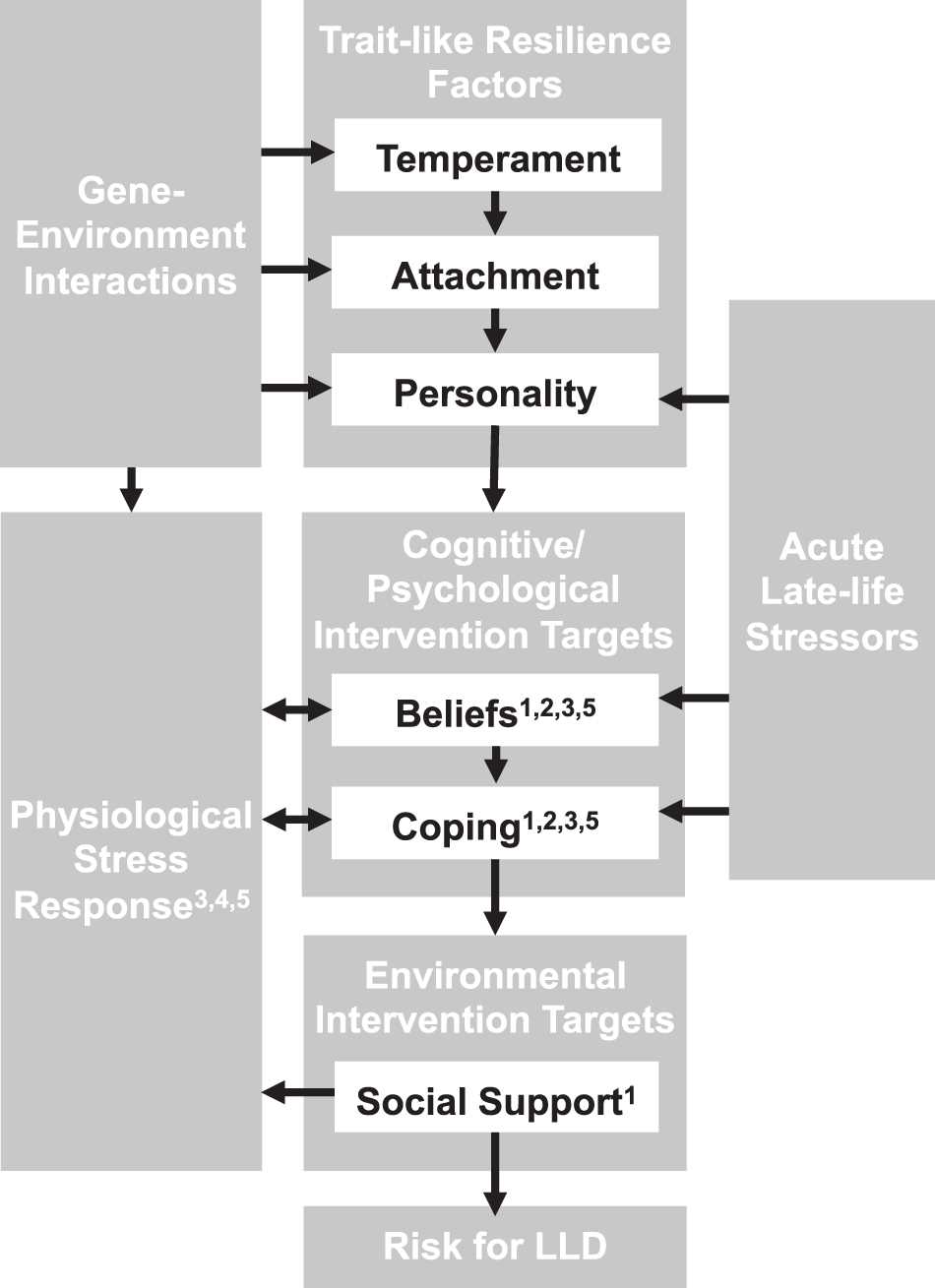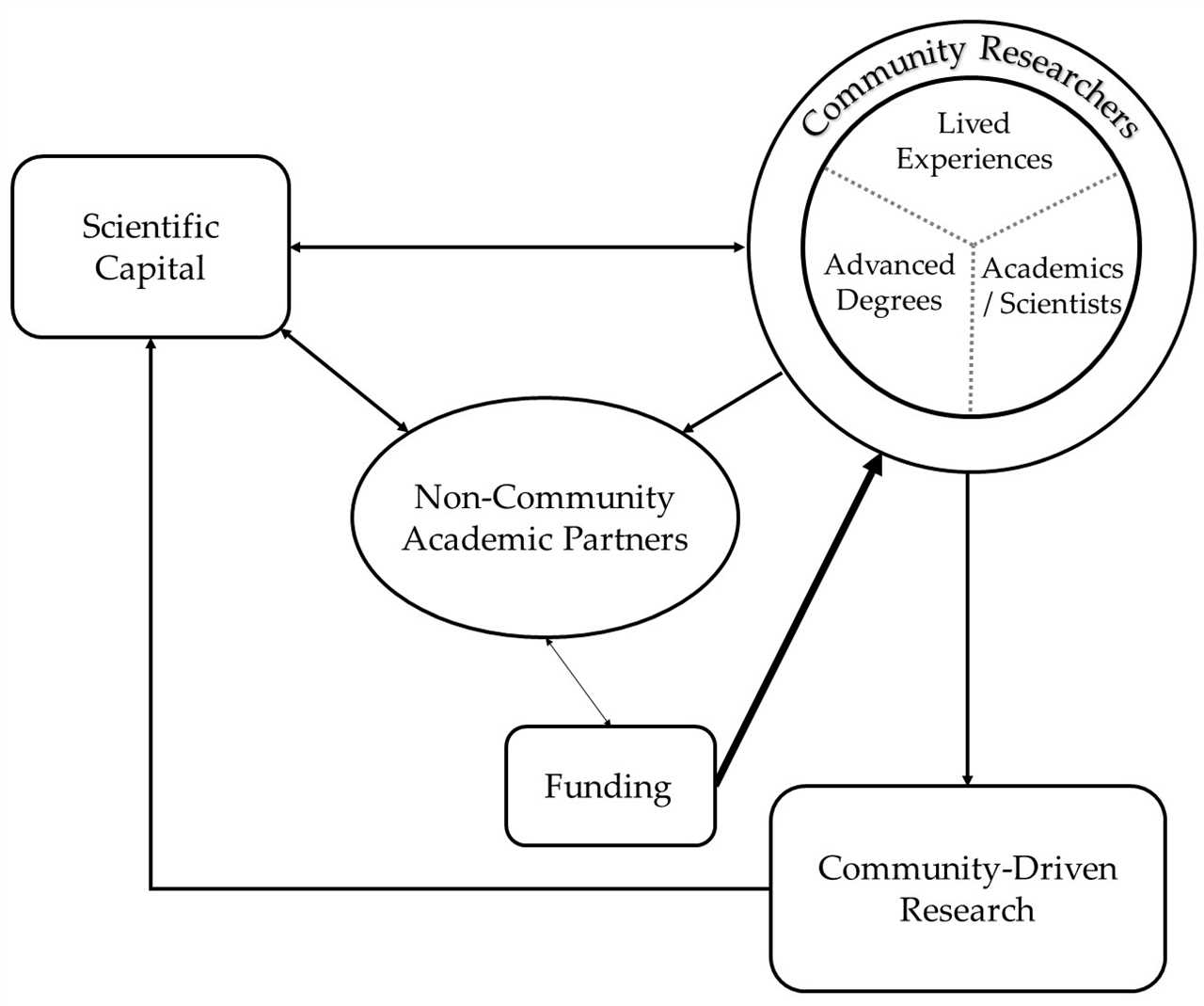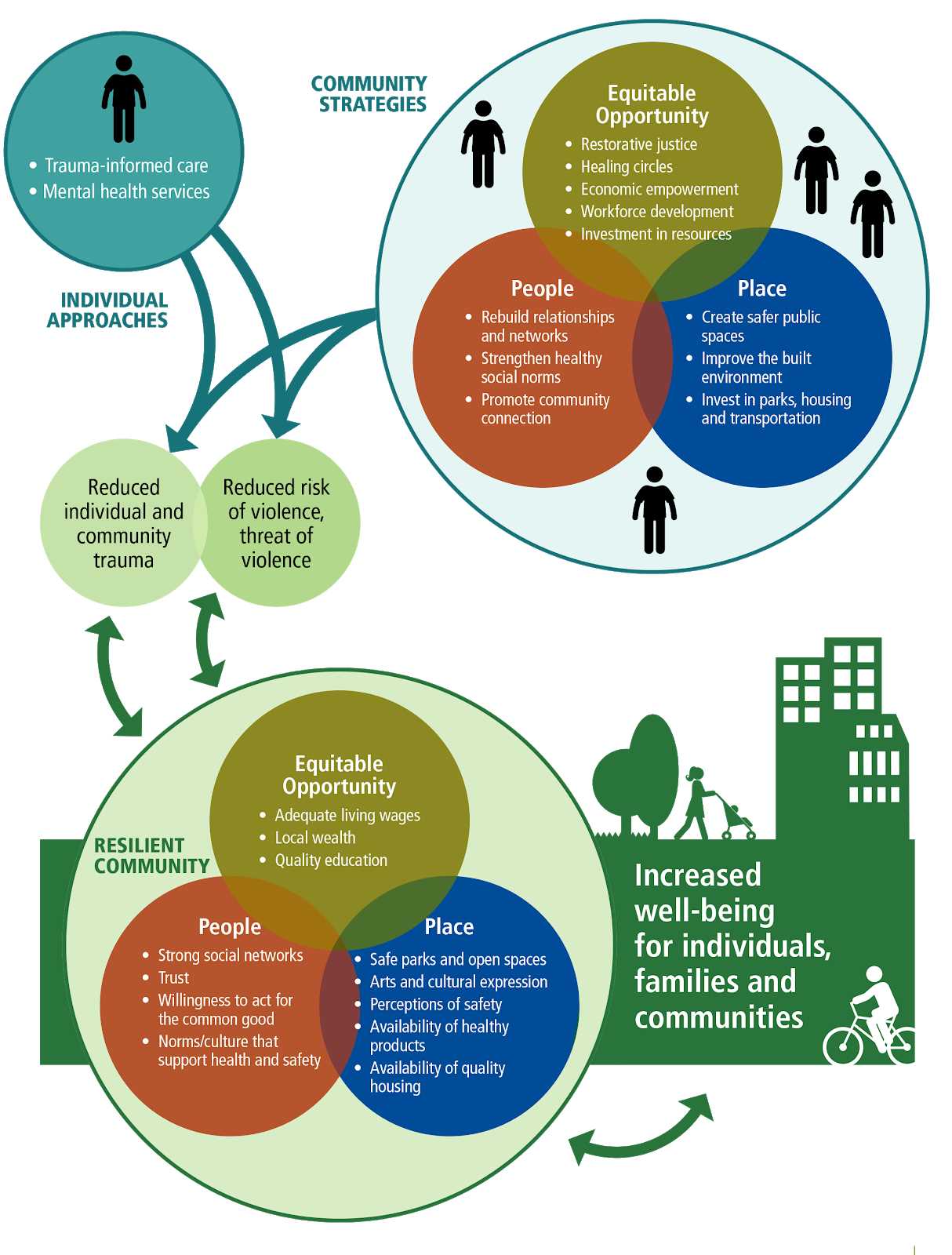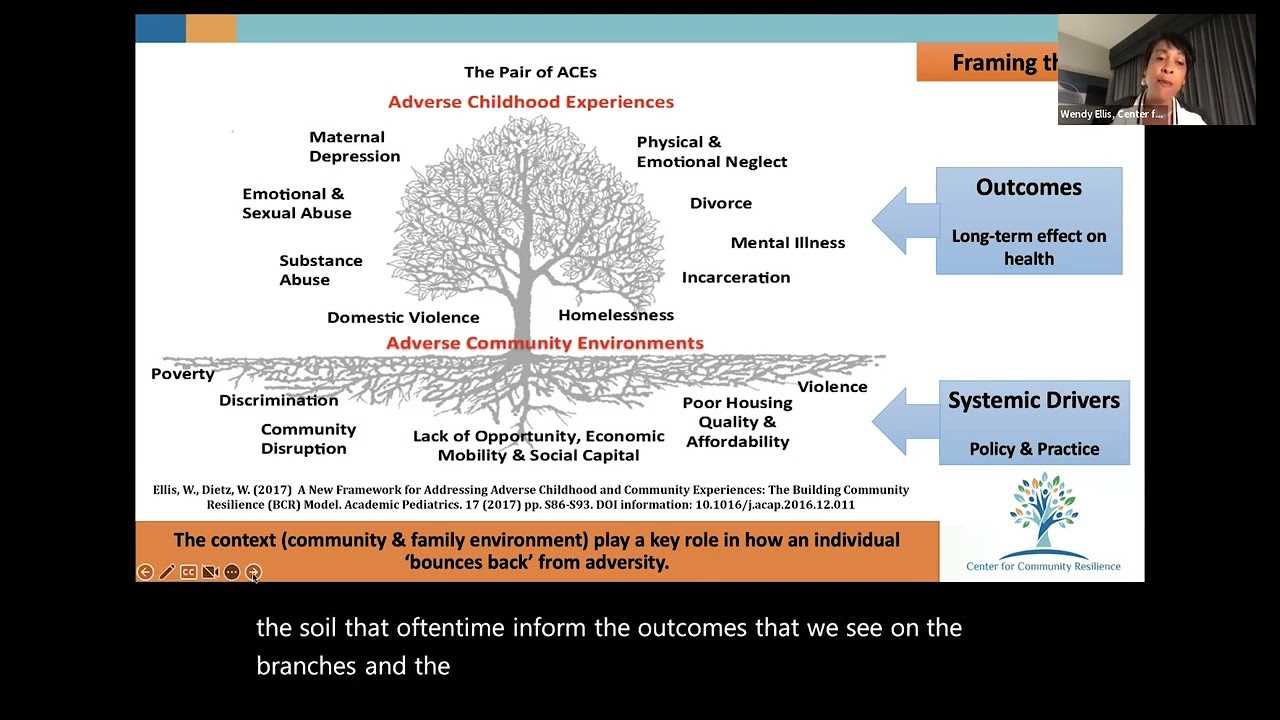
In the face of adversity, communities in Flint have shown remarkable resilience. The ongoing water crisis has brought about immense stress and trauma, but the people of Flint have come together to support one another and rebuild their lives. This article explores the ways in which these communities are building resilience and overcoming the challenges they face.
Resiliency is a key factor in overcoming stress and trauma. It is the ability to bounce back and adapt in the face of adversity. In Flint, the resiliency of the community is evident in the way they have come together to support one another. Strong social networks have formed, providing a sense of belonging and support. These networks offer a safe space for individuals to share their experiences and seek guidance, creating a sense of community and empowerment.
Flint’s communities have also focused on building individual resiliency. They have recognized the importance of self-care and mental health in overcoming stress and trauma. Programs and resources have been established to provide support and education on stress management, coping mechanisms, and trauma recovery. By equipping individuals with the tools and knowledge to navigate their emotions and experiences, these programs are empowering individuals to build their own resilience.
Understanding the Impact of Stress and Trauma

In the context of the Flint communities, the impact of stress and trauma cannot be underestimated. The ongoing water crisis has created a significant amount of stress for the residents, affecting their mental, emotional, and physical well-being. Trauma, both individual and collective, has become a prevalent aspect of life in Flint.
Stress and trauma can have wide-ranging effects on individuals and communities. They can lead to a variety of physical and mental health issues, including anxiety, depression, post-traumatic stress disorder (PTSD), and substance abuse. These effects can be long-lasting and pervasive, impacting every aspect of a person’s life.
However, it is important to recognize that resilience can also emerge from experiences of stress and trauma. Resilience refers to the ability of individuals and communities to bounce back and recover from adversity. In the face of the challenges posed by the water crisis, the Flint communities have shown remarkable resilience.
Understanding the impact of stress and trauma is crucial in order to provide appropriate support and resources to the affected communities. It is essential to address the underlying causes of stress and trauma, such as the water crisis, and to implement strategies that promote healing and resilience.
| Effects of Stress and Trauma | Resilience in Flint Communities |
|---|---|
| • Anxiety | • Community support networks |
| • Depression | • Access to mental health services |
| • PTSD | • Education and awareness programs |
| • Substance abuse | • Building social connections |
By understanding the impact of stress and trauma, and by fostering resilience in the Flint communities, we can work towards building a stronger and more supportive environment for all residents.
Recognizing the Signs of Stress and Trauma

Living in a city like Flint, where residents have faced high levels of stress and trauma due to the water crisis, it is important to recognize the signs of stress and trauma in ourselves and others. Stress and trauma can have a significant impact on our mental and physical well-being, so being able to identify these signs is crucial for building resilience and seeking appropriate support.
Some common signs of stress include:
- Feeling overwhelmed or constantly on edge
- Difficulty concentrating or making decisions
- Changes in appetite or sleep patterns
- Physical symptoms such as headaches or stomachaches
- Increased irritability or anger
- Withdrawal from social activities or relationships
On the other hand, trauma can manifest in various ways, and it is important to be aware of these signs as well. Some signs of trauma may include:
- Recurrent and intrusive memories or flashbacks
- Feeling emotionally numb or detached from others
- Hyperarousal, such as being easily startled or constantly on guard
- Difficulty trusting others or forming close relationships
- Avoidance of reminders or situations related to the traumatic event
- Feeling a sense of hopelessness or despair
Recognizing these signs in ourselves or others is the first step towards seeking help and building resilience. It is important to remember that everyone copes with stress and trauma differently, so these signs may vary from person to person. If you or someone you know is experiencing these signs, it is important to reach out to a mental health professional or a support group in order to receive the appropriate care and support needed to heal and build resilience.
The Long-Term Effects of Stress and Trauma
Living in a community like Flint, where trauma and stress are prevalent, can have long-term effects on individuals and their overall well-being. The ongoing water crisis and other challenges faced by the residents of Flint have created a high-stress environment that can lead to a range of physical and mental health issues.
Experiencing trauma, such as the water crisis, can have a profound impact on a person’s mental health. It can lead to symptoms of post-traumatic stress disorder (PTSD), including flashbacks, nightmares, and avoidance of reminders of the traumatic event. These symptoms can persist long after the initial trauma has occurred and can significantly impact a person’s daily life.
In addition to the immediate effects of trauma, chronic stress can also take a toll on a person’s physical health. The constant activation of the body’s stress response can lead to increased blood pressure, heart rate, and inflammation, which can contribute to the development of chronic conditions such as cardiovascular disease and diabetes.
Communities like Flint that are disproportionately affected by stress and trauma also face additional challenges in accessing resources and support. Limited access to healthcare, mental health services, and other essential resources can further exacerbate the long-term effects of stress and trauma.
It is crucial for individuals and communities in Flint to prioritize self-care and seek support to mitigate the long-term effects of stress and trauma. This can include engaging in stress-reducing activities, seeking therapy or counseling, and advocating for improved access to healthcare and resources. By building resilience and supporting one another, Flint communities can work towards healing and overcoming the long-term effects of stress and trauma.
Strategies for Building Resilience

Building resilience in communities affected by trauma and stress is crucial for their recovery and well-being. Here are some strategies that can help in building resiliency:
1. Foster social connections: Encouraging strong social connections within the community can provide support and a sense of belonging, which can help individuals cope with stress and trauma. This can be done through community events, support groups, and fostering a sense of community pride.
2. Promote self-care: Teaching individuals within the community about the importance of self-care and providing resources to practice self-care can help reduce stress and build resilience. This can include activities such as exercise, meditation, and engaging in hobbies or interests.
3. Provide education and information: Sharing accurate and reliable information about trauma, stress, and resilience can empower individuals to better understand their experiences and develop effective coping mechanisms. This can be done through workshops, seminars, and community education programs.
4. Encourage problem-solving skills: Building resilience involves developing problem-solving skills to effectively navigate challenges. Encouraging individuals to identify and develop solutions to problems can empower them to overcome obstacles and build resilience.
5. Foster a sense of hope and optimism: Promoting a positive outlook and fostering hope within the community can help individuals overcome adversity and build resilience. This can be done through inspirational stories, role models, and emphasizing the strengths and resources within the community.
6. Provide access to mental health support: Ensuring that individuals have access to mental health resources and support services is essential in building resilience. This can include providing therapy, counseling, and support groups to help individuals process trauma and develop coping strategies.
By implementing these strategies, communities can work towards building resilience and supporting individuals in overcoming stress and trauma. Building resiliency not only helps individuals bounce back from adversity but also strengthens the community as a whole.
Developing Coping Mechanisms

In the face of stress and trauma, developing coping mechanisms is crucial for building resiliency in Flint communities. Coping mechanisms are strategies and techniques that individuals and communities can use to manage and reduce stress, promote well-being, and foster a sense of control and empowerment.
One important coping mechanism is seeking social support. Connecting with others who have experienced similar challenges can provide a sense of belonging and understanding. Support groups, community organizations, and online forums can be valuable resources for individuals in Flint looking to share their experiences and find support.
Another coping mechanism is engaging in self-care activities. Taking time for oneself and engaging in activities that promote relaxation and well-being can help individuals manage stress and build resilience. This can include activities such as exercise, meditation, journaling, or spending time in nature.
Building a strong support network is also essential for developing coping mechanisms. Surrounding oneself with positive and supportive individuals can provide a sense of security and encouragement during difficult times. This can involve reaching out to friends, family members, or mentors who can offer guidance and support.
Additionally, developing healthy coping mechanisms can involve learning and practicing stress management techniques. This can include deep breathing exercises, mindfulness practices, or engaging in creative outlets such as art or music. Finding activities that bring joy and provide a sense of purpose can help individuals in Flint communities overcome stress and trauma.
Overall, developing coping mechanisms is an important aspect of building resiliency in Flint communities. By seeking social support, engaging in self-care activities, building a strong support network, and practicing stress management techniques, individuals can better navigate the challenges they face and promote their overall well-being.

I am Patrina de Silva, a psychologist and mental health blogger in Sri Lanka. After obtaining psychology degrees from the University of Colombo and Monash University, I returned home to work as a counselor while also starting the popular blog “Pressy but Happy” to provide advice on psychological issues. Over the past decade, my empathetic articles have made my blog a leading mental health resource in the country. In addition to writing, I maintain a private therapy practice, frequently volunteer counseling time, and conduct seminars, driven by my passion for destigmatizing mental illness and educating the public on the mind-body connection. I strive to be an influential voice in my field through my compassionate approach.
